
From historic USPSTF draft screening recommendations to the need for novel treatments for bipolar depression, here are highlights from the week in Psychiatric Times.

From historic USPSTF draft screening recommendations to the need for novel treatments for bipolar depression, here are highlights from the week in Psychiatric Times.

"Research clearly demonstrates that although abortion is more likely in highly stressful life situations—which may include mental illness—abortion itself does not cause psychiatric illness; the most common response is relief."
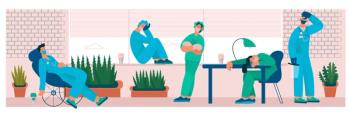
Leaders of health care institutions may want to pay closer attention to burnout, as more environmental, social, and governance frameworks take shape.
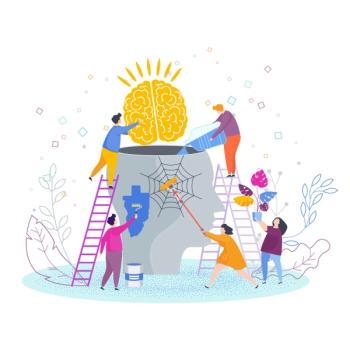
A transdisciplinary team summarizes key points and reflections after 18 months of activity.
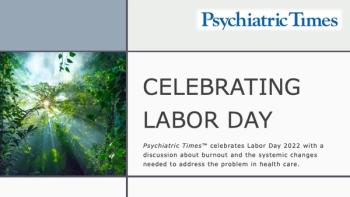
How can mental health clinicians improve their own mental health?

A psychiatrist reflects on how we can educate patients about avoiding alcohol misuse without getting caught up in polemics on politics.
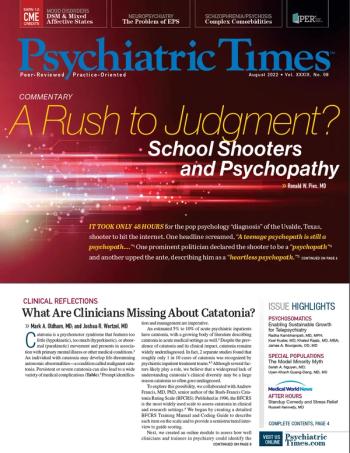
The experts weighed in on a wide variety of psychiatric issues for the August 2022 issue of Psychiatric Times.

A resident reflects on the clinician experience of loss and grief, and how these emotions can help decrease the distance between clinicians and patients.
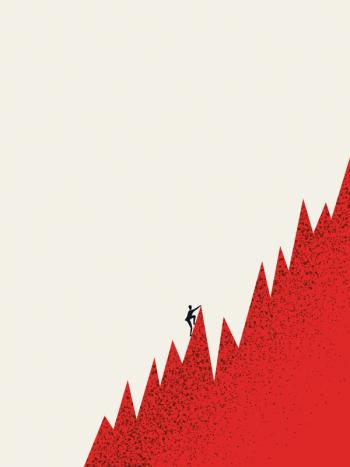
“Doctors are great at hiding their addictions, especially from themselves... However, there are signs that something is wrong—be it addiction, depression, psychosis, or some other problem.”

"We began solving chronic and complex clinical challenges in our system, such as aggression toward others, unnecessary antipsychotics in patients with dementia, and transitions of care for patients with severe cooccurring disorders."

How can we combat compassion fatigue by practicing what we preach?

Psychiatrists are physicians first. This case demonstrates why that’s important.

The experts weighed in on a wide variety of psychiatric issues for the July 2022 issue of Psychiatric Times.

Discussion topics will include the thermoregulatory system and how clinicians can help patients protect themselves from extreme heat effects.

Considering the many repercussions of overturning Roe v Wade—and the psychiatric implications for our patients.

The climate crisis is increasingly challenging human well-being. What can the psychiatric field do to help?

A psychiatrist shares his reflections on inclusivity... and making room for all.

What happens when a clinician is faced with addiction in their own family?

How can we bridge the gap between job-seekers in this community and inclusion-minded organizations?

Exploring the assessment of psychopathy and how a better understanding of these individuals may help us prevent future school shootings.

Laughter may be one of the best medicines in psychiatry and in leadership—if used correctly.

A psychiatrist reflects on the past, present, and future for BIPOC MDs and DOs.

Exploring leadership styles... and pondering which is needed most in psychiatry.

"The fact is that these patients have a huge capacity to improve their lives, far more than the average person. The work done with them in a clinical setting echoes throughout their families and communities and can be some of the most rewarding work for clinicians."

What is the clinician’s role in reversing stigma for better outcomes?